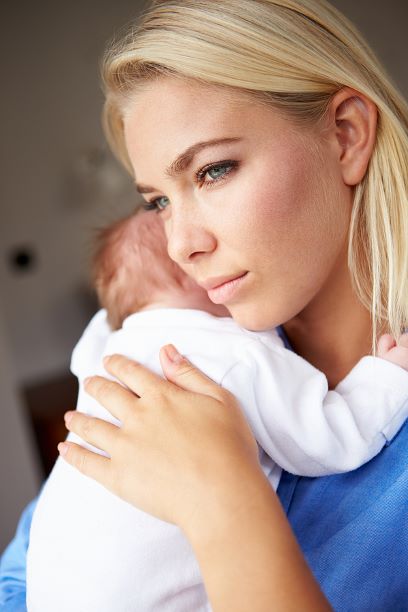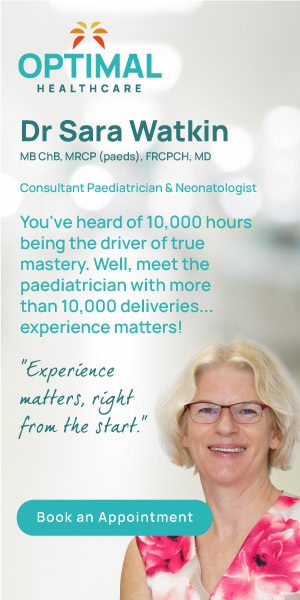The World Health Organisation has recently released guidance regarding antenatal care for women as well as intrapartum guidelines to improve childbirth experiences. When WHO releases their postnatal guidelines next year, the maternity series on what matters most to women will be complete.
WHO believes that positive postnatal experiences are characterised by customised care that responds specifically to a woman’s unique preferences and context. A woman’s community ought to share in the responsibility of care, joining forces with the medical providers who are already in place to meet both the mother’s and the baby’s needs.
These recommendations apply no matter a woman’s income level nor whether or not a humanitarian setting or a public health emergency is involved, making respectful and positive postnatal care a human rights issue.
Obstetrician and gynaecologist Dr. Lisa Joels of Integra Healthcare on Seven Mile Beach echoed this point. “It’s most important that [women] have confidence that the team of doctors and midwives supporting them will listen to them and their choices and put the safety of their baby right at the centre of all decisions.”
According to a study recently published in PLOS ONE, an ideal postnatal experience can enable a woman to experience positive emotions following the birth of her child. This sense of well-being can give her the confidence to embrace her new role as a parent. These positive emotions most often result when a woman’s authority over her own experience is respected and her medical care has been person-centred.
Person-centred postnatal care also prevents maternal deaths. Every year, approximately 303,000 women die as a result of childbirth, and most of these deaths take place during the postnatal period.
According to Dr. Joels, it is critically important that new mothers are encouraged to take some time to be with their partners. “[E]verything will change as they go from a twosome to a threesome and it’s very easy to just focus on the new baby but it’s very important to have time just as a couple to keep the relationship strong.”
Maternal and neonatal health can be improved during the postnatal period if healthcare providers attend to matters such as life-skills education, breastfeeding facilitation, healthy behaviours, family planning, mental health practices, and the prevention and treatment of childbirth-related complications.
Supportive health systems should address physical, psychological, social and emotional concerns of postnatal women. These approaches as well as others related to antenatal and intrapartum care will be published by WHO in a series that establishes best practices for women, their babies, and their wider communities during a significant time of life.




